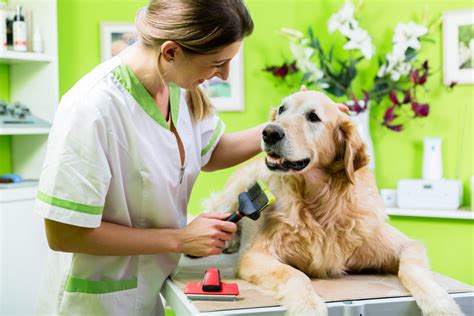Introduction
Pets play an indispensable role in our lives, providing companionship, emotional support and unconditional love. However, as responsible pet owners, it is crucial to prioritize their health and well-being. Vaccinations are an essential aspect of pet health, protecting them from potentially life-threatening diseases. This comprehensive guide will delve into the importance of pet health and vaccinations, highlighting the benefits, risks and considerations involved.

Understanding Pet Health
Pet health encompasses various aspects, including:
- Physical well-being: Maintaining a healthy weight, ensuring adequate nutrition, providing exercise and preventive care.
- Mental health: Promoting emotional well-being, preventing behavioral issues and reducing stress.
- Disease prevention: Vaccinations and regular check-ups are crucial for preventing and managing diseases.
Importance of Vaccinations
Vaccinations are a vital part of pet health, offering numerous benefits:
- Disease prevention: Vaccinations stimulate the immune system to produce antibodies, protecting pets from specific diseases.
- Herd immunity: When a high percentage of pets are vaccinated, it reduces the chances of disease outbreaks within the community.
- Public health: Some pet diseases can also affect humans, such as rabies and zoonoses, making vaccinations essential for public health.
Types of Vaccinations
The type of vaccinations recommended for pets varies based on factors such as species, age, lifestyle and geographic location. Common vaccines include:
- Core vaccines: Essential for all pets, including distemper, parvovirus, rabies and feline leukemia virus (FeLV).
- Non-core vaccines: Recommended based on individual risk factors, such as canine influenza, kennel cough and Lyme disease.
Considerations for Vaccinations
While vaccinations offer significant benefits, it is important to consider certain aspects:
- Safety: Vaccines are generally safe, but side effects such as lethargy, fever or local reactions may occur.
- Effectiveness: Vaccinations may not fully prevent disease, but they significantly reduce the severity and risk of infection.
- Timing: A proper vaccination schedule is crucial to ensure optimal protection.
Decision-Making Process
The decision to vaccinate a pet should be based on a thorough discussion with a veterinarian, considering:
- Pet’s age, health and lifestyle
- Risk of exposure to specific diseases
- Potential benefits and risks of vaccinations
Alternative Options to Vaccinations
In some cases, alternative options to vaccinations may be considered, such as:
- Physical barriers: Restricting contact with potential disease sources, such as avoiding contact with unvaccinated animals or areas with disease outbreaks.
- Homeopathy: A complementary therapy that uses highly diluted substances to stimulate the immune system.
- Nutritional support: Providing a balanced diet and supplements that boost the immune system.
The Future of Pet Health and Vaccinations
As technology advances, the field of pet health and vaccinations is constantly evolving:
- Personalized pet care: Tailoring vaccinations and treatments to individual pets based on genetic and lifestyle factors.
- Advanced diagnostics: Rapid and accurate diagnostic tests for early disease detection and targeted treatments.
- Wearable health monitors: Tracking vital parameters and providing real-time insights into pet health.
Conclusion
Pet health and vaccinations are intertwined aspects of responsible pet ownership. By understanding the importance of vaccinations, considering individual factors and making informed decisions, we can protect our furry companions from preventable diseases and ensure their well-being for years to come. Regular check-ups, a healthy lifestyle and a commitment to their health will empower us to give our pets the long, happy and fulfilling lives they deserve.





















